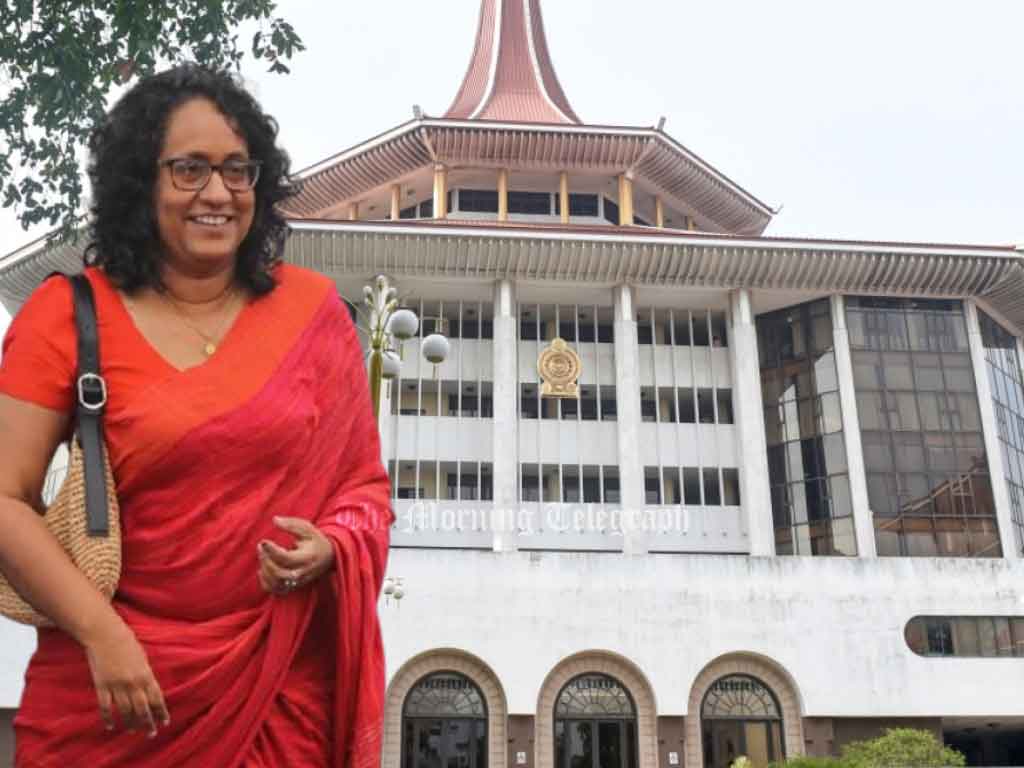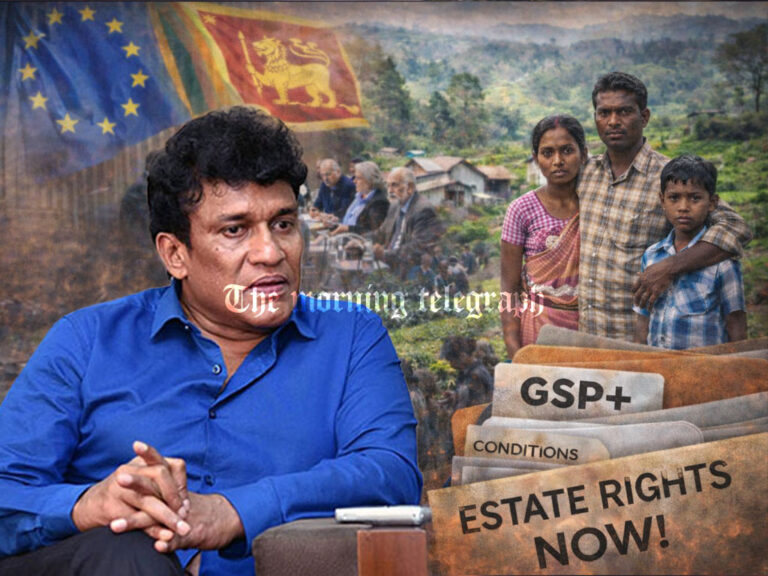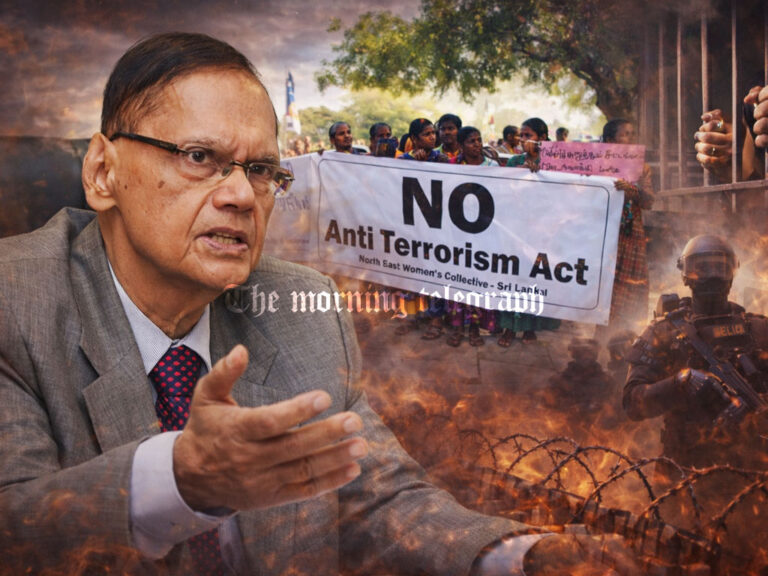
A Fundamental Rights petition has been filed in the Supreme Court against Prime Minister Harini Amarasuriya by Professor Sujeewa Amarasena, the former Vice-Chancellor of the University of Ruhuna, challenging his removal from the post. The petition, which was submitted on December 26, claims that the decision to remove him from his position was politically motivated, violating both his rights and established procedures for such appointments.
Professor Amarasena, who served as Vice-Chancellor of the University of Ruhuna, argues that his dismissal was part of a broader political vendetta rather than a legitimate academic or administrative decision. He contends that the removal was not only a personal attack but also an abuse of power by those in authority. According to the petition, proper procedures for appointing a new Vice-Chancellor were disregarded, and the process was marked by irregularities, further suggesting political influence in the decision-making process.
The petition names several respondents, including Prime Minister Harini Amarasuriya, who was serving as the Minister of Education at the time of the dismissal, along with the Secretary to the Ministry of Higher Education, the University Grants Commission, and the Federation of University Teachers’ Unions. The petitioners argue that these bodies acted together to remove Amarasena for political reasons, despite his significant contributions to the university and its academic standing.
The case has raised concerns about the politicization of academic institutions in Sri Lanka. Many observers have pointed to the growing influence of political actors in university appointments, which they claim undermines the autonomy of higher education institutions. Critics of the current government’s policies in education have expressed alarm at the apparent lack of transparency in key decisions related to university administration.
Professor Amarasena’s legal team is calling for the restoration of his position and for a review of the procedures that led to his removal. They are seeking a court ruling to ensure that appointments to such important positions are made based on merit and established regulations, free from political interference.
This legal challenge comes at a time of heightened scrutiny over the Sri Lankan government’s handling of the country’s higher education system and its relationship with the academic community. The outcome of this case could have significant implications for future university appointments and the independence of educational institutions in Sri Lanka.




